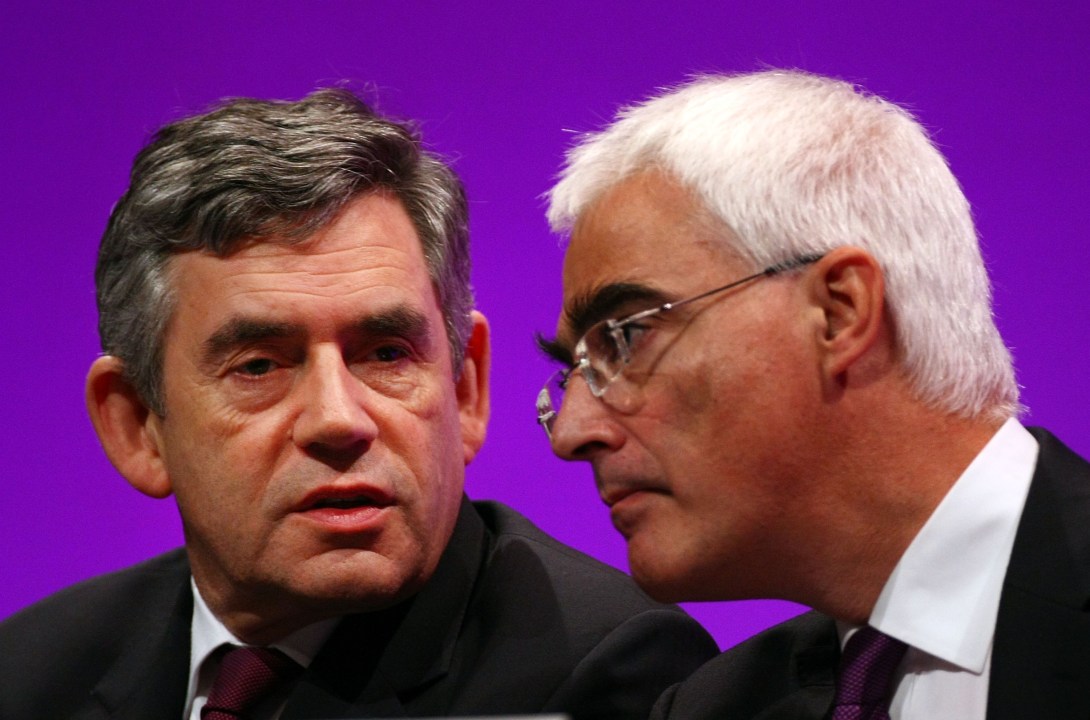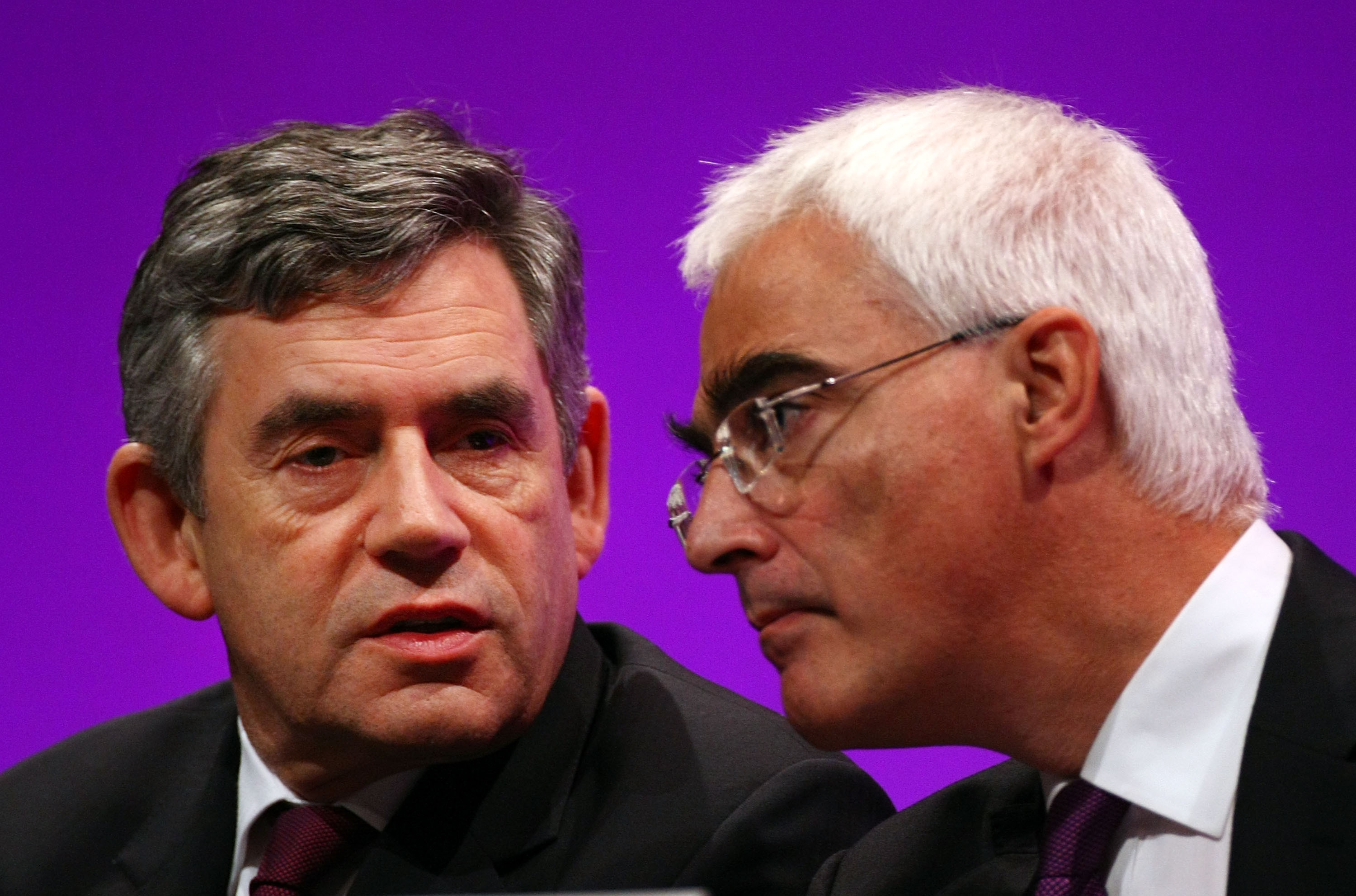 Do read Edmund Conway in today’s Telegraph for an admirably evenhanded analysis of Brown and Darling’s Keynesian rescue plan for the economy. It might work, he says, but the potential’s there for catastrophe. Here’s the worst-case scenario:
Do read Edmund Conway in today’s Telegraph for an admirably evenhanded analysis of Brown and Darling’s Keynesian rescue plan for the economy. It might work, he says, but the potential’s there for catastrophe. Here’s the worst-case scenario:
“Keynes’s argument was not only that governments should borrow when times are tough, but that they should pay that money back when times are good. If the international investors who keep money flowing into the country believe that Labour will return the borrowed cash a few years hence, Brown et al could get away with the extra debt. But, given that they have a track record of racking up record deficits in times of plenty, what would your guess be?
If Labour does take us down this route, we will unavoidably be betting the house on it working. When Mervyn King, the Governor of the Bank of England, gave his speech in Leeds this week, most attention was focused on his use of the “r” word, but there was another passage which was far more ominous. Summoning up the memory of what happened to stricken Asian economies in the late 1990s, he warned that Britain’s economy was highly reliant on money being poured in from overseas. The implication was clear: if investors lose confidence in our policy-makers, causing a run on the currency and government debt, it will become highly difficult for the Government to borrow at all. No one knows what it would take to trigger such an exodus, but every extra pound Labour borrows brings us closer to it.
In any circumstances, a run on the pound would be disastrous, but never more so than today. Britain’s financial system and wider economy is on life-support. Blood still pumps though its veins, but only because the Treasury has been able to borrow the cash to fund the bank bail-out. If the Government suddenly found itself unable to raise money easily in international markets, it would be equivalent to pulling out the plug. We would be Iceland; we would be back in 1976, facing an International Monetary Fund bail-out all over again.”With the particular players, sums and risks involved, the question is whether the grand Keynesian gamble is worth making in the first place.







Comments